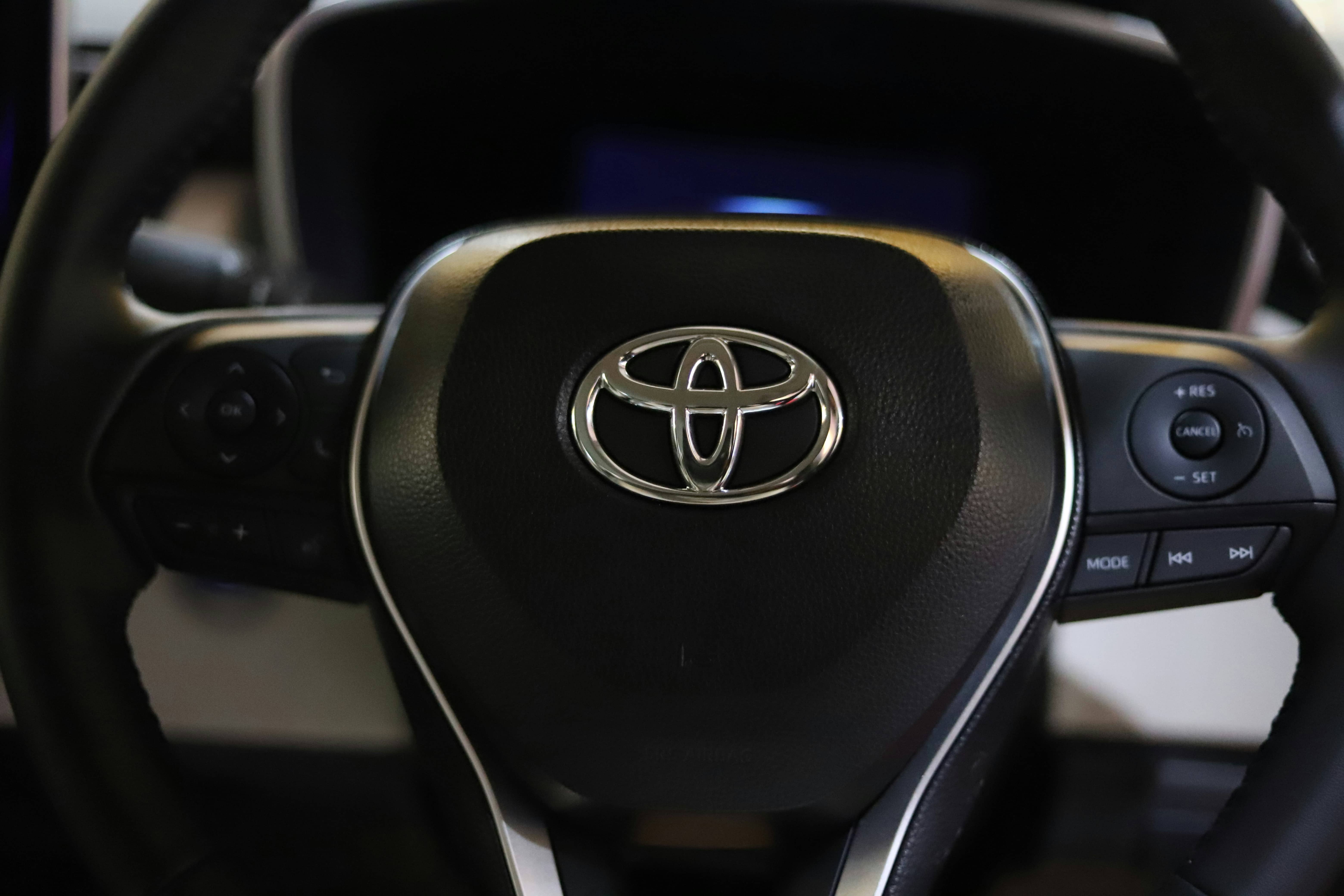Does brand loyalty transfer generationally? That was the key question I hoped to address with my 2018 Master of Business Science dissertation, and now that it's been published, I'd like to share the results with you.

Introduction
While the concept of brand loyalty is well-researched, qualitative studies pertaining specifically to generational transfer of brand loyalty in a South African fast-moving consumer goods context are few and far between. My study used an FMCG product in the Western Cape Province of South Africa to analyze generational transfer of brand loyalty.
The Study
Following a qualitative research methodology, using in-person interviews across two generations – children and parents/guardians – raw data was obtained. The data underwent a thorough thematic data analysis. Codes, categories, and themes were identified, throughout which I continually sought to identify patterns in responses. A number of findings were laid out, offering insights into the concept of generational transfer of brand loyalty, as well as a foundation for future research into the topic.
Findings
The study established a strong degree of generational transfer of brand loyalty, and at times, the transfer has taken place across three generations. Aspects such as consumers’ use of a brand out of habit and brand associations also appear to transfer generationally at times. There is also a strong occurrence of brand loyalty in the product category – mostly towards Unilever’s Sunlight
brand. Brand switching across generations is uncommon in this sector, prevented by factors including enthusiastic brand loyalty and budgetary limitations. When switching does occur, it is driven mainly by a desire to discover whether a better brand exists, and changes in price and availability. Price and effectiveness frequently combine to form assessments of value during consumers’ purchase decision process in this product category.
What This Means
After 18 months of research, I found the results extremely interesting. Not only is generational transfer of brand loyalty common, but people are aware that it's happening within their families, and that cognizance doesn't affect their loyal purchasing decisions. I also found the psychological and cultural aspects of reliving happy childhood memories and preserving family traditions through brands to be very intriguing. These findings appeared to spread out across both price-conscious and non-price-conscious consumers, and across consumers of varying age categories.
These insights could prove useful to psychologists looking into the corporate world, brand marketers seeking new ways to retain consumers, as well as other researchers who wish to delve deeper into the topic, perhaps in different geographic locations, or using different product categories. Future research into this topic that delves into the socio-economic influence on the generational transfer of brand loyalty may also be of value.
If you'd like to read my full thesis, click here.
------------------------------
I post a variety of articles on my website about my life, People Operations, and various other topics. To follow along with future articles I post on this website, feel free to follow me on LinkedIn here.
